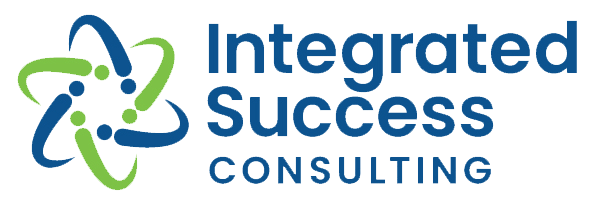Part 5 of a 5-part leadership series.
What does it mean to have hope in the workplace? And why should you care? Hope is one of the top four most important things employees need at work. Leaders who want to be effective will do well to take it seriously.
The concept of hope can be hard to define, so let’s break it down. Where stability is about helping people deal with today’s circumstances, hope is focused on the future. There are several key things leaders can do to inspire hope among team members. And when you take a deliberate approach to offering hope, your organization will see tangible results.
Examining hope in the workplace.
When employees describe what hope looks like, they use words like direction, faith and guidance. They are looking to the organization’s leaders to provide:
- a sense of where the company is headed;
- some guidance on how to manage current pressures;
- a realistic idea of the possible outcomes ahead.
Hope about the future bolsters employee confidence and resilience, especially during difficult times.
A lack of hope in the workplace leaves employees burdened with excess stress. Neurologically, human brains under stress lose some flexibility and creativity in problem-solving. Employees who lack hope can become frustrated and lose productivity. They also risk losing self-confidence and self-respect. For some, ongoing hopelessness at work becomes a pervasive emotional and spiritual despair that impacts all the other aspects of their lives. A hopeless work situation can take a real toll on people’s mental well-being, physical health and on their relationships.
Leaders who promote hope at work create a “positive affect” with employees that is correlated with increased creativity. Researchers posit that increased hope and creativity among employees can result in “increased psychological strength, including workplace performance, job satisfaction, work happiness, and organizational commitment.” Employees exhibited more creativity and confidence in responding to challenges, and were less concerned with maintaining the status quo.
It’s clear that a hopeful workplace is a much healthier one.
Employees require hope to thrive.
In good times and bad, people use hope to propel themselves into an uncertain future. Employees need to feel enthusiastic about the future of their organization. Strikingly, when their leadership didn’t make them feel enthusiastic about the future, 99% of employees report feeling disengaged at work (according to long-term organizational research by Gallup).
When leaders encourage hope, by projecting a sense of confidence that challenges can be successfully overcome, they can help employees have more faith in their own capabilities. Hope opens the door to engagement and enthusiasm when leaders offer a positive vision for the future.
Five concrete ways to lead people with hope.
It can be a tricky balance between meeting the demands of today and helping employees prepare for the future. Leaders should strive to provide a realistic sense of future possibilities, not be overly optimistic nor give off vibes of impending doom. Make plans and solve problems openly as a team.
There are some concrete actions you can take as a leader, which are effective in all sorts of circumstances. Remember that hope is more likely to flourish together with transparency and truth, rather than in secrecy.
- Be a sounding board to help your employees work through their uncertainty and be open to new possibilities.
- Encourage employees to set goals for themselves and involve them in organizational goal setting, as possible.
- Help employees identify pathways to achieving those goals, empowering employees to make decisions accordingly.
- Demonstrate confidence in employees and their abilities to overcome challenges.
- Prepare employees to manage contingencies and plan for multiple possible scenarios.
Recharge your own hope for the future.
When you’re so busy working to be a good leader to your team, it can be hard to cultivate a sense of hope within yourself. Who helps you stay balanced between managing today’s issues and planning for the future? I have coached many leaders and teams to work through these five steps (and other leadership-strengthening tools), and I would love to help you, too.
Whatever level of support you need, I can help you develop your unique leadership style using a holistic approach that incorporates your authenticity while delivering on what your employees need. I’m happy to be a thought partner as you set your vision and priorities, and plan ways to inspire your team to excellence. Hope is just a click away…

